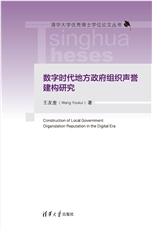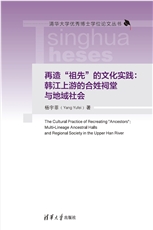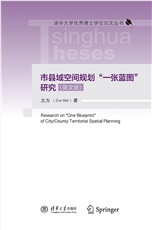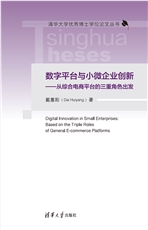





定价:119元
印次:1-1
ISBN:9787302671695
出版日期:2024.09.01
印刷日期:2024.09.10
图书责编:王倩
图书分类:学术专著
建筑环境人体热适应研究旨在满足人员健康舒适需求,同时降低采暖空调能耗。本书基于我国居民的热适应规律,发现人体热适应动态规律及其方向性特征,提出“需求因子”来定量反映这种特征规律。通过人工气候室实验和现场实测相结合的方法,揭示了生理习服和心理适应的基本规律及其作用效果。基于PMV经典传热模型和热适应理论框架,构建了可刻画行为调节、生理习服、心理适应和物理改善作用效果的适应性热平衡理论模型。
罗茂辉(1989),男,湖南省醴陵市人,美国加州大学伯克利分校博士后,2017年7月毕业清华大学建筑学院,博士,读博期间发表SCI论文10余篇,获清华大学学术新秀、清华大学优秀博士论文称号,现主要从事建筑科学领域的教育研究工作。
Supervisor¡¯s Foreword Adaptive thermal comfort in the built environment is a complex problem involving anthropology, physiology, psychology, architecture, and heat transfer disciplines. It is also a frontier problem in the thermal comfort research .eld and of great practical value in sustainable building environment conditioning technologies. This thesis studied how people with different thermal experiences adapt to dif-ferent indoor climates and the underlying reasons behind the adaptation. A series of thermal comfort surveys and climate chamber experiments were conducted to understand building occupants thermal adaptation from perspectives of physical parameters, physiological accli...
1 Introduction 1
1.1 Background 1
1.1.1 Practical Values of Thermal Comfort Research 2
1.1.2 Challenges in Adaptive Thermal Comfort 2
1.1.3 New Progress in Adaptive Thermal Comfort Research 5
1.2 Literature Review 6
1.2.1 Thermal Comfort Introduction 7
1.2.2 Heat Balance Comfort Models 8
1.2.3 Adaptive Thermal Comfort 14
1.2.4 Summary and Comment 22
1.3 Research Design 23
1.3.1 Content and Technical Route 23
1.3.2 Thesis Framework 24
References 24
2 Indoor Climate Experience and Thermal Comfort
Expectation in Buildings 31
2.1 Background 31
2.1.1 Air-Conditioning and Indoor Thermal Environment 31
2.1.2 Thermal Comfort Expectation 32
2.1.3 Objectives of This ... 查看详情



 电子书
电子书
 在线购买
在线购买
 分享
分享











